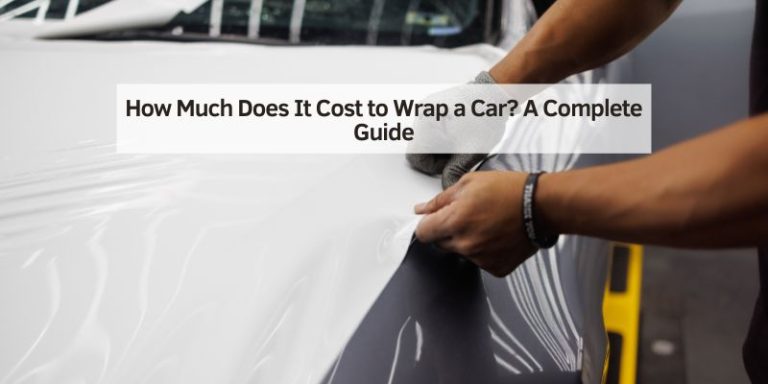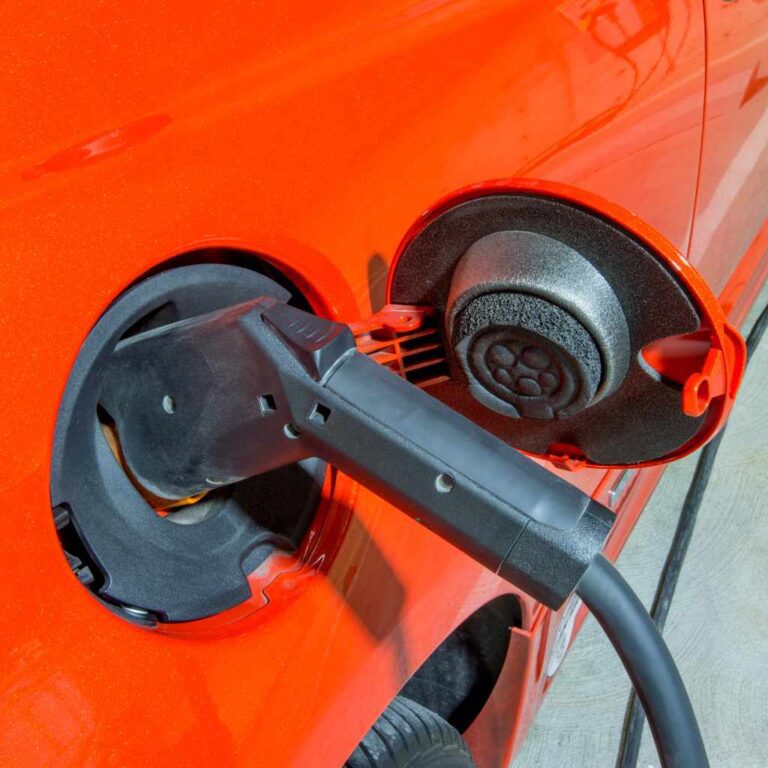What to Do If My Car Gets Repossessed: Smart Recovery Tips
Contact your lender immediately to discuss your options. Determine if you can reclaim your vehicle through payment or negotiation.
Car repossession can be a stressful experience. Losing your vehicle often leads to confusion and frustration. Understanding your rights and options is crucial in this situation. Many people feel helpless after repossession, but you can take steps to address the issue.
Knowing what to do next can make a significant difference. Acting quickly can help you regain control and potentially retrieve your car. This guide will provide practical advice on navigating the repossession process. Stay informed about your rights and responsibilities to make the best decisions moving forward. Taking proactive measures can ease the burden of repossession and set you on the path to recovery.
Initial Shock Of Repossession
The initial shock of car repossession can be overwhelming. Stay calm and take deep breaths. It’s important to act quickly to understand your options.
First, contact your lender. Ask them about the repossession details. Know your rights regarding the situation. Laws vary by state, so do some research.
After repossession, review your contract. Check for any fees or penalties. Make a list of what you need to do next.
| Immediate Steps | Description |
|---|---|
| Contact Lender | Ask about the repossession and next steps. |
| Review Contract | Check for fees and understand your obligations. |
| Know Your Rights | Research state laws on car repossession. |
Understanding Repossession
Repossession occurs when a lender takes back a vehicle. This usually happens when payments are missed. Lenders have the right to reclaim their property if the loan terms are broken.
Common reasons for vehicle repossession include:
- Missing monthly payments
- Not maintaining insurance
- Failing to keep the vehicle in good condition
Understanding these factors can help prevent unexpected repossession. Staying in contact with the lender can also be beneficial.
Contacting Your Lender
Contact your lender as soon as possible after repossession. Explain your situation honestly. Lenders may offer options to help you regain your vehicle.
Consider these possible solutions:
| Solution | Description |
|---|---|
| Payment Plan | Create a new payment schedule that fits your budget. |
| Loan Modification | Change the loan terms to lower monthly payments. |
| Reinstatement | Pay back past due amounts to get your car back. |
| Voluntary Surrender | Return the car to the lender without extra fees. |
Being open with your lender can lead to better outcomes. They want to work with you.
Managing Finances Post-repossession
Understanding your financial situation is essential after a car repossession. Start by gathering all your financial documents. List your income, expenses, and any debts. This will help you see where you stand.
Creating a budget can prevent future repossessions. Track your monthly income and expenses. Categorize spending into needs and wants. Focus on cutting down unnecessary costs. Set aside money for savings and emergencies.
| Category | Example |
|---|---|
| Needs | Rent, groceries, utilities |
| Wants | Dining out, entertainment |
| Savings | Emergency fund, future expenses |
Exploring Options To Get Your Car Back
Getting your car back after repossession is possible. Redeeming your vehicle involves paying off the loan balance. This includes any fees from the repossession. Check your state laws for specific details.
Reinstating your loan is another option. This means catching up on missed payments. You may need to pay a reinstatement fee. Talk to your lender for the exact amount.
Both options can help you regain your vehicle. Act quickly to avoid losing it permanently. Understanding your rights is important in this situation.
Understanding The Deficiency Balance
A deficiency balance occurs when a car is sold for less than the loan amount. This means you still owe money after the sale. For example, if your car sells for $5,000 and you owe $8,000, the deficiency balance is $3,000. This balance must be paid to the lender.
A deficiency judgment may happen if the lender seeks to collect the remaining amount. This can lead to a court judgment against you. It’s crucial to respond quickly to any legal notices. Ignoring them can worsen the situation.
Options for handling a deficiency judgment include negotiating with the lender. You can also seek legal help to understand your rights. Settling the debt for a lower amount may be possible. Always keep records of payments and communications.
Improving Your Credit Score After Repossession
Improving your credit score after a repossession is important. Follow these steps to rebuild your credit:
- Check your credit report for errors.
- Pay all your bills on time.
- Reduce your debt to improve your credit utilization ratio.
- Consider getting a secured credit card.
- Become an authorized user on someone else’s account.
- Use credit counseling services for help.
These actions can help you regain your financial health. Take small steps for lasting improvement.
Preventing Future Repossession
Choosing the right car and financing is crucial. A vehicle should fit your budget and lifestyle. Look for affordable options that meet your needs. Research different financing plans before committing. A lower interest rate can save you money over time.
Communication with lenders is very important. Keep them updated about your financial situation. If you face problems, let them know early. Many lenders offer options for temporary relief. Being proactive can help prevent a repossession.
Legal Recourse And Consumer Protection
Facing car repossession can be stressful. Seeking legal advice is crucial. A lawyer can help you understand your rights. They can guide you through complex processes and help you fight unfair practices.
Consumers have rights against unfair repossession. State laws protect you from wrongful repossession. Many states require lenders to follow strict rules. Understanding these laws can empower you. If your car was taken unfairly, you might qualify for compensation.
| Consumer Rights | Description |
|---|---|
| Right to Notice | Lenders must inform you before repossession. |
| Right to Redeem | You can reclaim your vehicle before it’s sold. |
| Protection from Harassment | No aggressive collection tactics are allowed. |
Moving Forward: Alternative Transportation
Finding alternative transportation becomes essential after car repossession. Public transport offers a great solution. Buses, trains, and subways can connect you to many places.
Carpooling is another option. Share rides with friends or coworkers to save money. Apps can help find carpool partners easily.
Consider long-term solutions for car ownership. Buying a used car may be more affordable. Look for financing options with lower rates.
Leasing a vehicle could also work. It often requires a smaller down payment. Monthly payments might be more manageable.
Stay informed about your budget. Track expenses related to transportation. This helps in making better financial decisions.
Frequently Asked Questions
What Are My Rights After Car Repossession?
After repossession, you have specific rights. Lenders must notify you about the repossession and your outstanding debt. You can request a detailed account of the debt and any fees. Additionally, you may have the right to reclaim your personal items from the vehicle.
Can I Get My Car Back After Repossession?
Yes, you may be able to retrieve your car. This usually involves paying the total amount owed, including any fees. Some lenders allow a grace period for payment. Contact your lender promptly to understand your options and the necessary steps for recovery.
How Does Repossession Affect My Credit Score?
Repossession can significantly impact your credit score. It typically remains on your credit report for up to seven years. This negative mark can lower your score, making future loans more difficult to obtain. Timely payments on other accounts can help mitigate the damage.
What Should I Do Immediately After Repossession?
Immediately after repossession, stay calm and review your options. Contact your lender to discuss your debt and potential repayment plans. Assess your financial situation to determine if you can afford to reclaim the vehicle. Consider seeking financial advice if needed.
Conclusion
Experiencing a car repossession can be overwhelming. It’s crucial to understand your rights and options. Reach out to your lender for clarity. Explore potential repayment plans or alternatives. Taking proactive steps can help you regain control. Remember, staying informed is key to navigating this challenging situation effectively.






